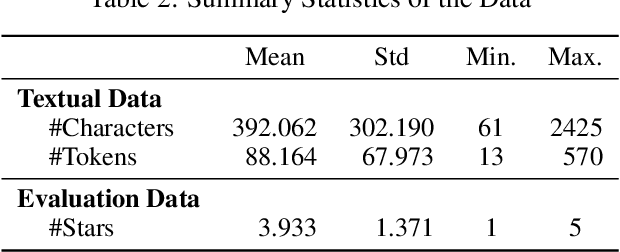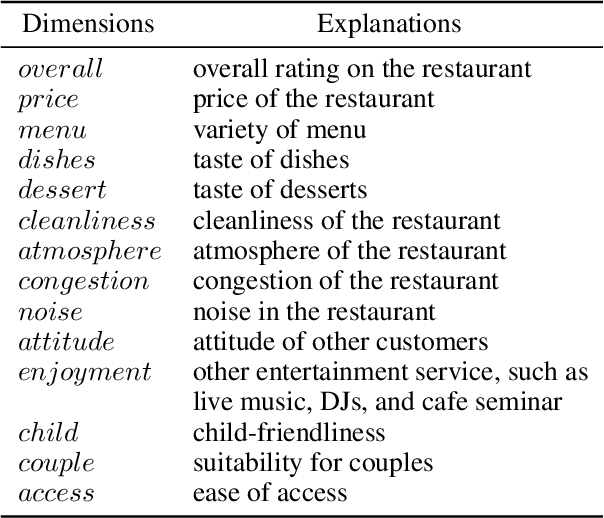Dynamic Sentiment Analysis with Local Large Language Models using Majority Voting: A Study on Factors Affecting Restaurant Evaluation
Paper and Code
Jul 18, 2024



User-generated contents (UGCs) on online platforms allow marketing researchers to understand consumer preferences for products and services. With the advance of large language models (LLMs), some studies utilized the models for annotation and sentiment analysis. However, the relationship between the accuracy and the hyper-parameters of LLMs is yet to be thoroughly examined. In addition, the issues of variability and reproducibility of results from each trial of LLMs have rarely been considered in existing literature. Since actual human annotation uses majority voting to resolve disagreements among annotators, this study introduces a majority voting mechanism to a sentiment analysis model using local LLMs. By a series of three analyses of online reviews on restaurant evaluations, we demonstrate that majority voting with multiple attempts using a medium-sized model produces more robust results than using a large model with a single attempt. Furthermore, we conducted further analysis to investigate the effect of each aspect on the overall evaluation.
 Add to Chrome
Add to Chrome Add to Firefox
Add to Firefox Add to Edge
Add to Edge